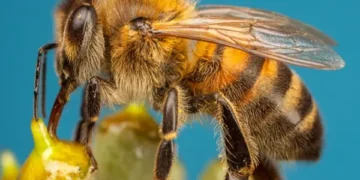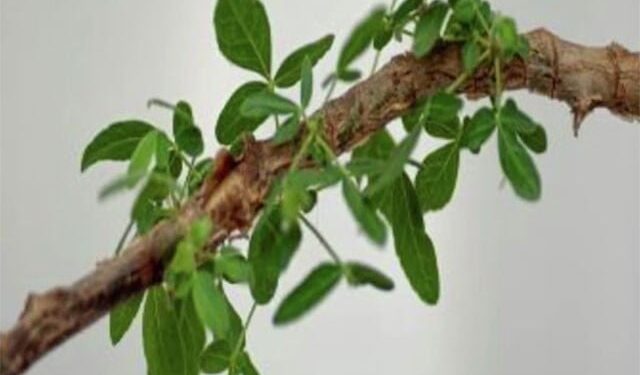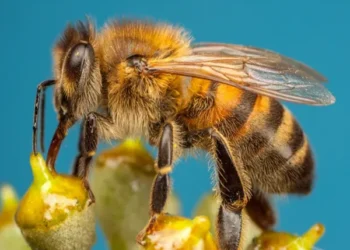OCCUPATED JERUSALEM: A compound obtained from an ancient tree grown from a seed found in a desert cave near Jerusalem may be the source of a medicine mentioned in the Holy Bible, a new study has found.
This strange two-centimeter seed was discovered about 15 years ago in a cave in the Judean Desert (a desert stretching east of Jerusalem to the Dead Sea) and was said to be dated between 993 and 1202 AD. After years of trying to grow the plant from seed, the researchers identified the growing plant and named it ‘Sheba’.
DNA analysis revealed that the tree belonged to a unique genus of the Commiphora family, which was widespread in Africa, Madagascar and the Arabian Peninsula and was known for its fragrant bark.
Researchers suspect that the ‘Sheba’ tree is the one that was planted in the sacred southern Levant (today’s southern Lebanon, southern Syria and the Sinai Peninsula) according to the Bible.
This Judean balm is widely mentioned in the literature of the Hellenistic, Roman-Byzantine and Postclassical periods between the 4th century BC and the 8th century AD.
The gum of this tree (called ‘suri’ in the Gospels) was of great importance in the ancient world and was exported throughout the Roman Empire.
In past research it was reported that its paste was used as a perfume, incense, cataract medicine and also as an antidote to poisons.

























